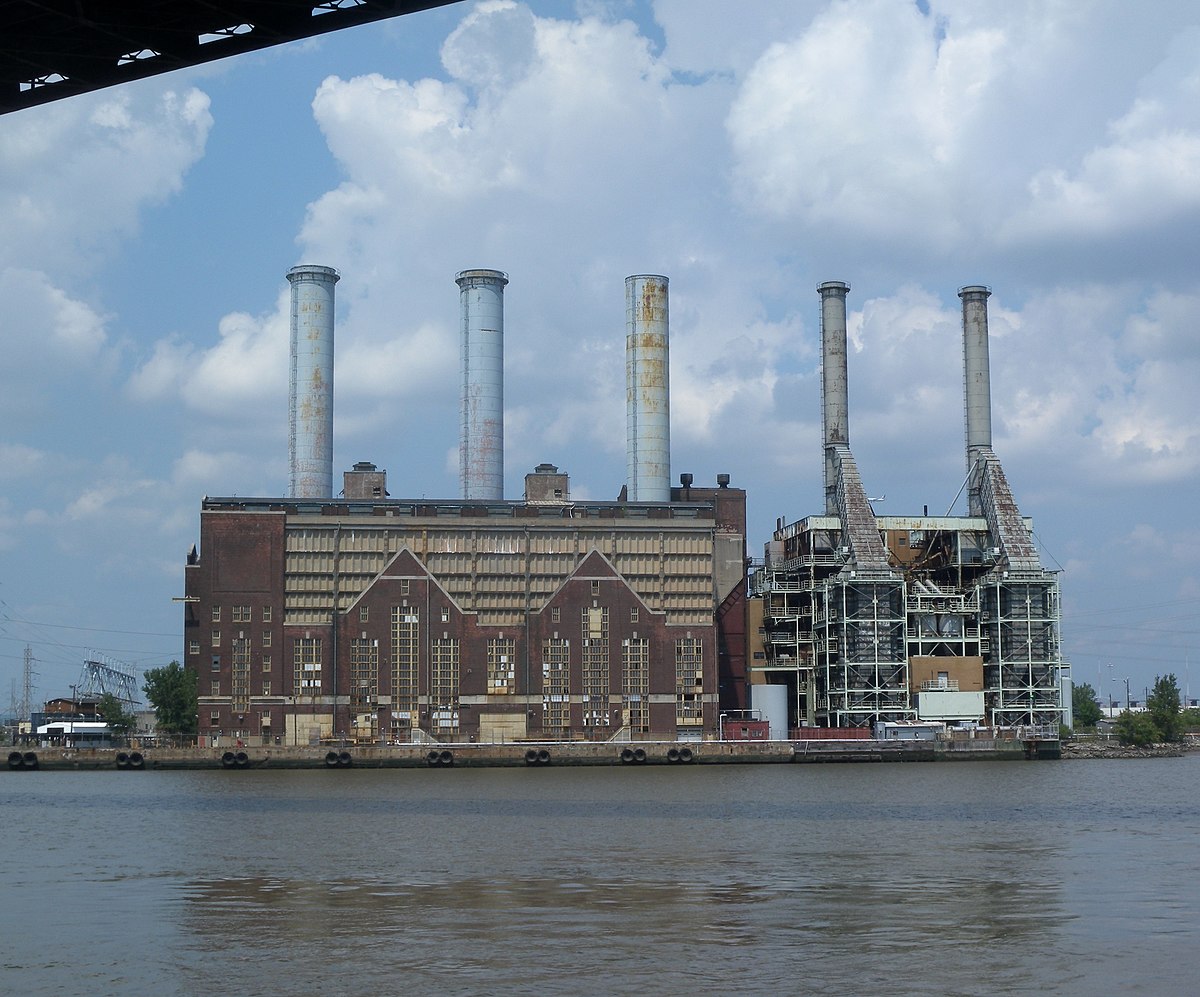Correct, but in reality it's not a problem, as there are inexplicably millions of customers who are apparently entirely happy with being with providers such as British Gas.
I would say that it's a very confused/confusing, and potentially very misleading, mess.
If, overall, X% of electricity production is 'renewable', hence (100-X)% is non-'renewable', then (100-X)% what suppliers (together) pay producers for electricity (hence roughly the same percentage of what consumers pay to suppliers) will be for non-'renewable' electricity production - and that remains the case
regardless of who a particular customer's supplier pays for electricity, and regardless of who that supplier pays for electricity
In other words, if a consumer chooses to pay a supplier who only pays 'renewable' producers, it would seem that that actually
changes absolutely nothing (at least, nothing I can think of).
If so many consumers chose suppliers who only paid 'green producers' that they were, between them, paying for all the 'green' electricity available, then those suppliers would presumably have to stop accepting further customers, because there would be no more 'green' electricity to be paid for.
They are all the same ones who have never switched to a different energy supplier and have been on the most expensive tariffs for the last 20 years.
They may well be. However, on the other side of the coin, we have to remember that countless people switched to small suppliers who offered very attractive prices by rely on foolish gambles about the future of wholesale prices, and therefore ';went bust' - so that the customers had to be bailed out by other (more expensive) suppliers.
Kind Regards, John



